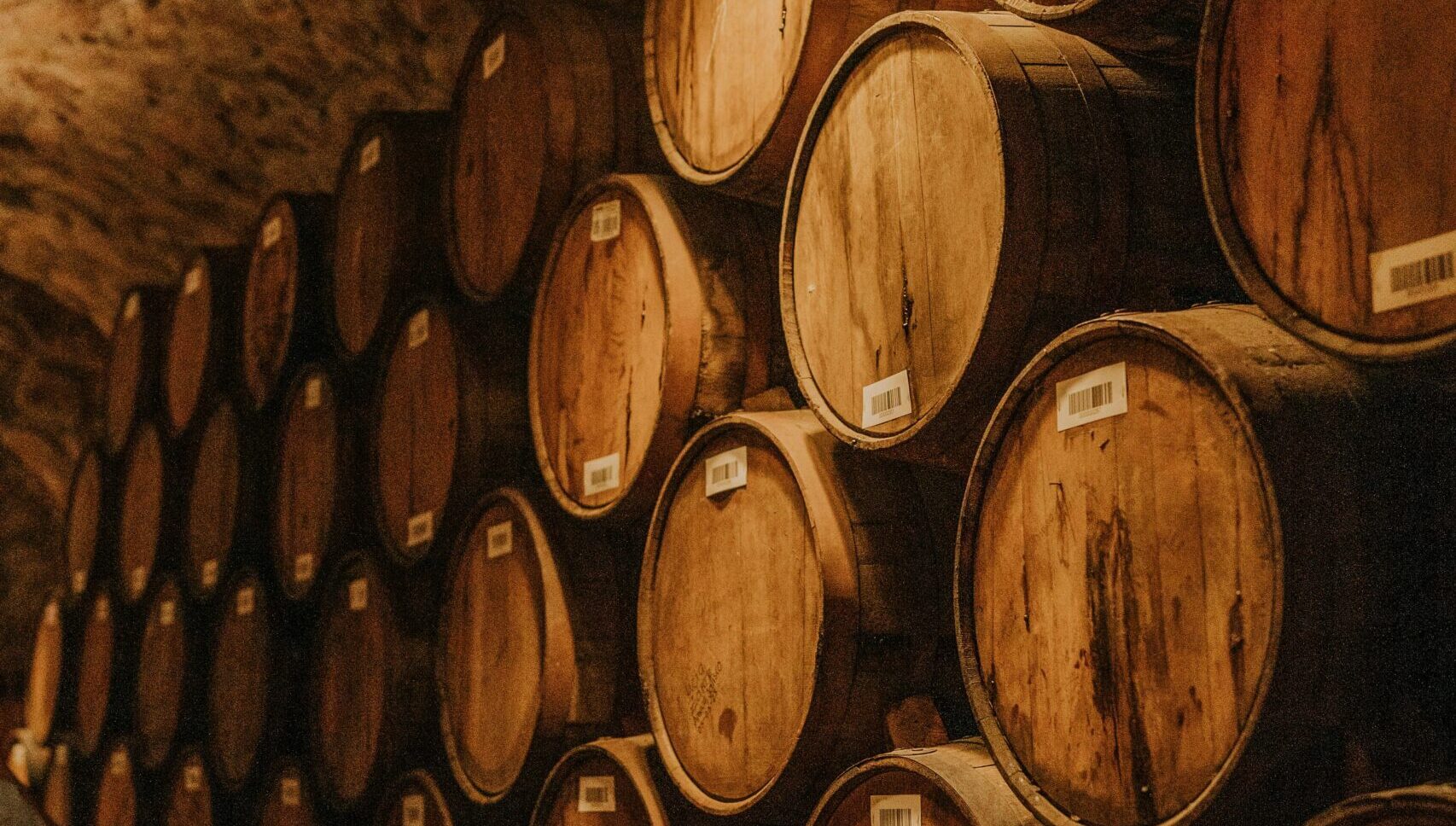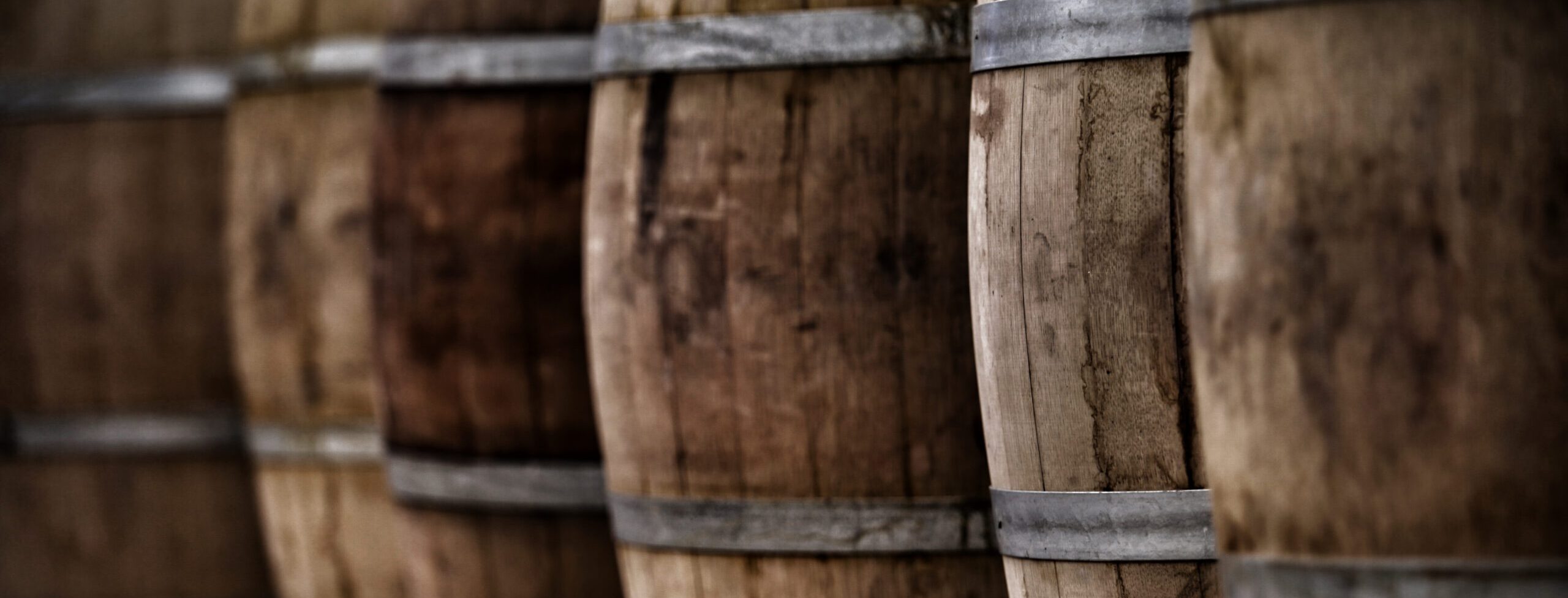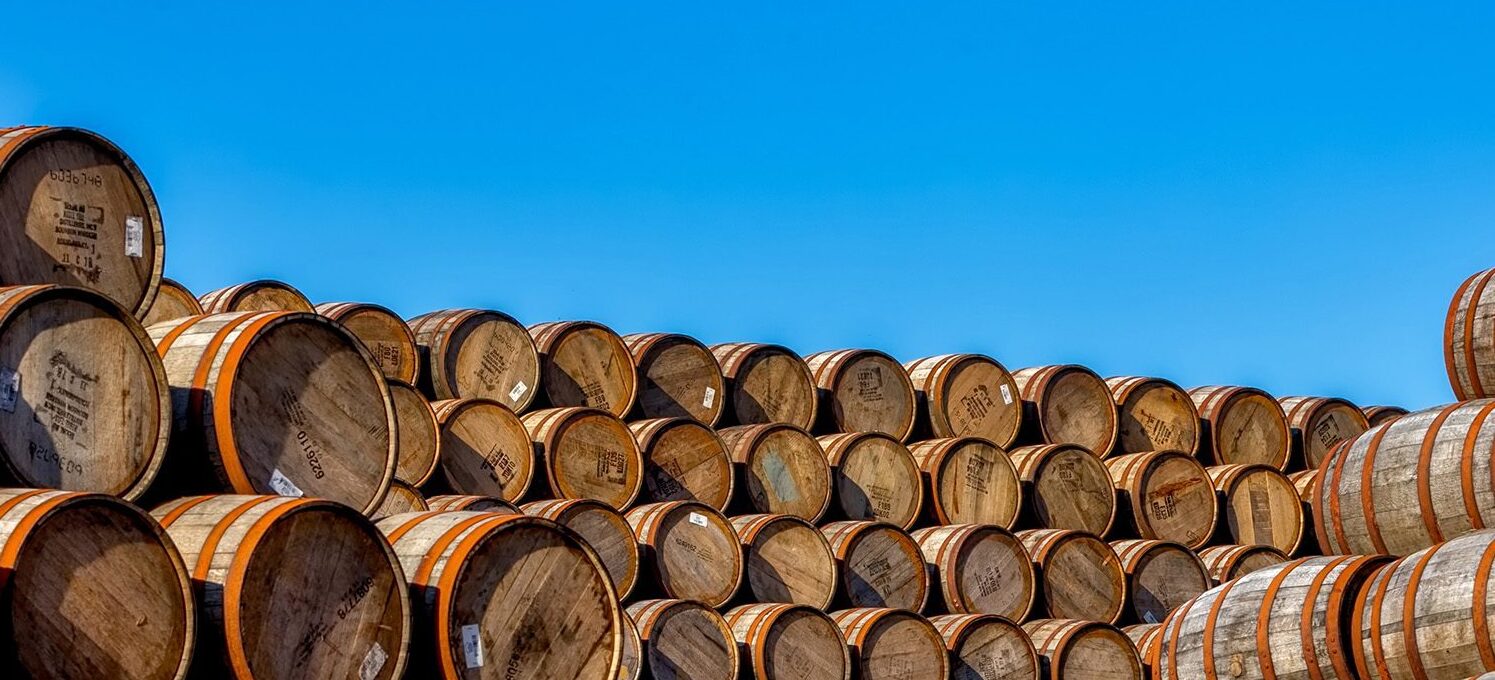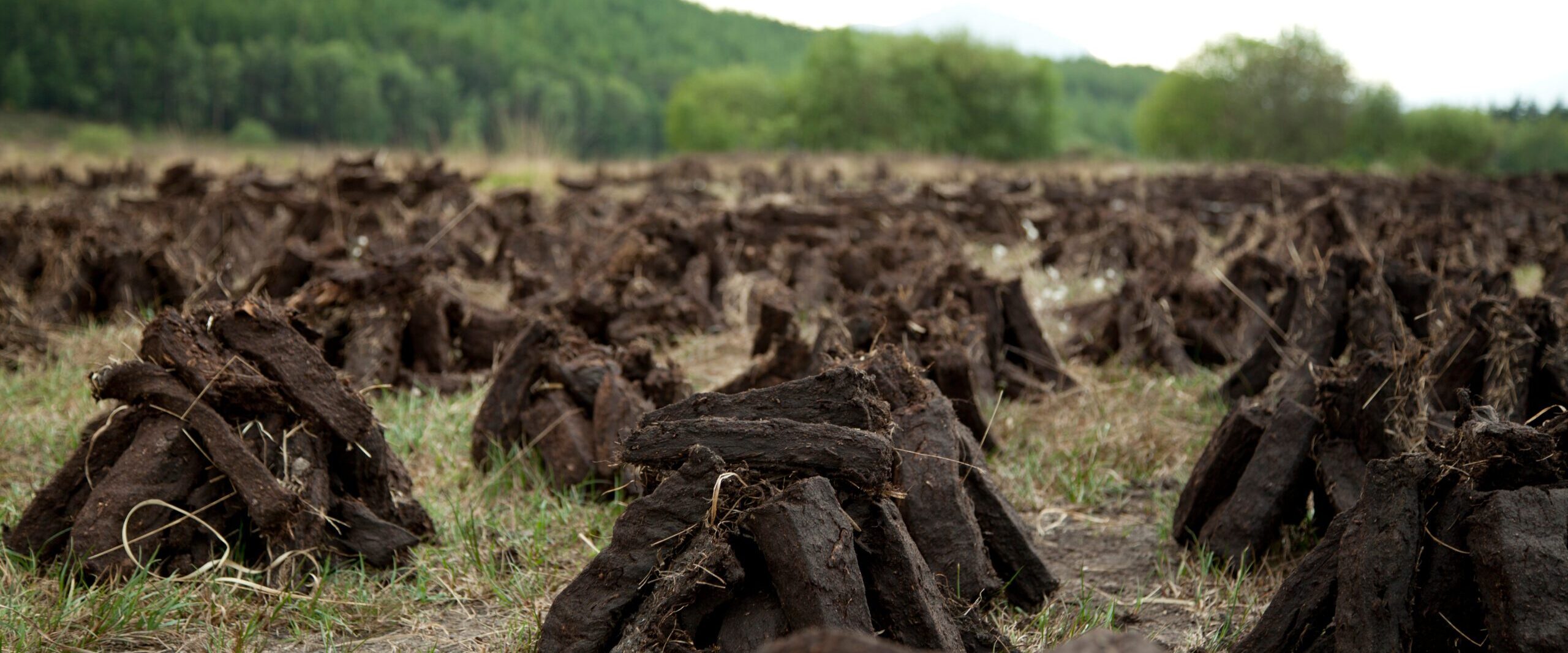 Learn
Learn

As the name suggests, alternative investments can be anything that is a financial asset that does not fall into one of the conventional equity/income/cash categories like those mentioned above. Often, it’s used to describe investments in tangible assets like art, wine, coins, antiques, stamps or precious metals. Or Scotch Whisky, of course.
Besides the fact that alternative investments are undeniably lucrative, one major reason for the popularity of alternative investments is that they can be much more of an open book when compared with the traditional investing world, which can be intimidating for beginners. If you already have a passion for collecting art, stamps or drinks, you don’t need to learn a whole load of new jargon and do hours and hours of research into stock markets to start investing in them.
Speaking of stock markets, another major reason to consider alternative investments is that they are normally immune from the kind of chaos that the stock markets can bring. This has been particularly relevant this year with Covid-19 bringing turbulence to markets around the world, a volatility that has driven investors away towards alternative investments as a safe harbour in a storm.
A recent report said that four out of ten investors are looking for alternative investments right now as a way of spreading and minimising their risks, with 30% fearing that they’ll make a loss because of the impact of Covid. 64% of them said they were looking for something asset-backed, while 61% say that they take pride in physical investments.
So even for seasoned investors, there’s an appeal in alternative investments because they offer the chance to diversify their assets, offering a safety net of steady income over a long period of time as a counter-balance to the cut and thrust of investing in stocks and shares. They can also come with potentially smaller fees and the possibility of tax benefits.
With several different types of alternative investments out there, one of the best bets for an investor looking to enter a new market is Scotch Whisky. According to the Knight Frank luxury investments index, rare whisky has risen in value by an incredible 564% over the last ten years, the kind of number that most investors can only dream of. Certainly, when compared to other types of luxury investment on the list it’s an astonishing rise. Investors in classic cars might be satisfied with the 194% rise over that same decade, but it still pales in comparison with whisky, as does fine art, which rose by 141%, while wine rose by 120%, making it clear that it’s a poor second to whisky in the drinks market.
Whisky has even endured the pandemic, with big investments continuing after the world went into lockdown, while any impacts from the decline in the export markets in the first half of the year are likely to be only temporary. Scotch Whisky casks in particular are growing in popularity at the moment, and a report has shown that if you invested $100,000 in them in July 2018, that would have been worth $160,000 within two years.
Cask whisky in particular has been a win-win investment in recent years with even the casks from the least lucrative distilleries showing an increase in value of 5.13% a year. The best-performing casks showed a growth of 19.88%.
Investors in Scotch Whisky bottles meanwhile can achieve annual returns as high as 54.5% a year, with average annual returns of 10% over five years and 20% after ten years, with the 1,000 most sought after Scotch whisky bottles in the Rare Whisky Apex 1000 Index having increased in value by almost seven times in the last ten years. Building up collections of rare and vintage bottles has long been a way of investing in whisky and they can go for incredible sums of money at auction.
So whether you are investing in whisky bottles or casks, it is an alternative investment that requires only a small amount of knowledge or research and is a no-brainer for investors who already have a passion for Scotch Whisky.
In a world that is still so uncertain because of the ongoing pandemic, alternative investments represent a safer and less complicated way to build up a portfolio of assets, so why not consider Scotch whisky as an investment that can deliver reliable growth even in the midst of chaos?









